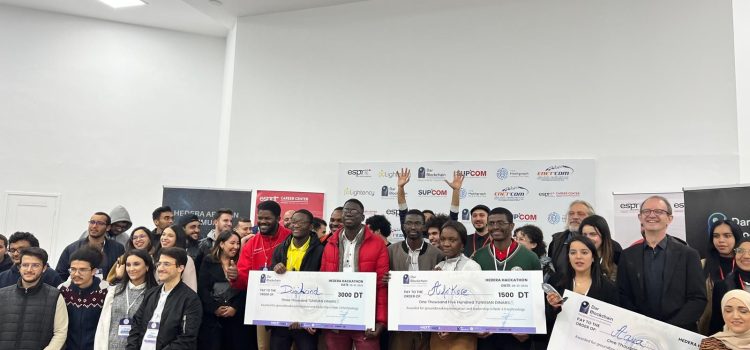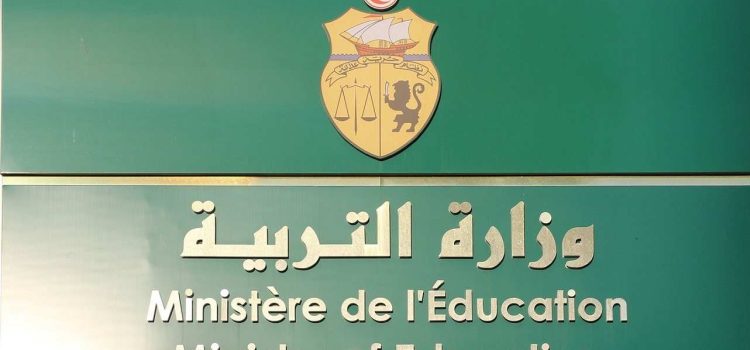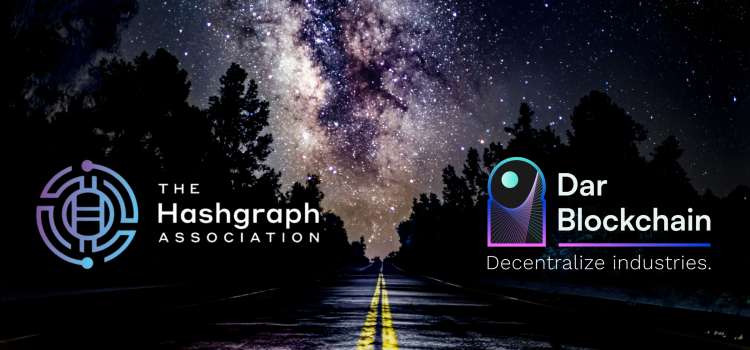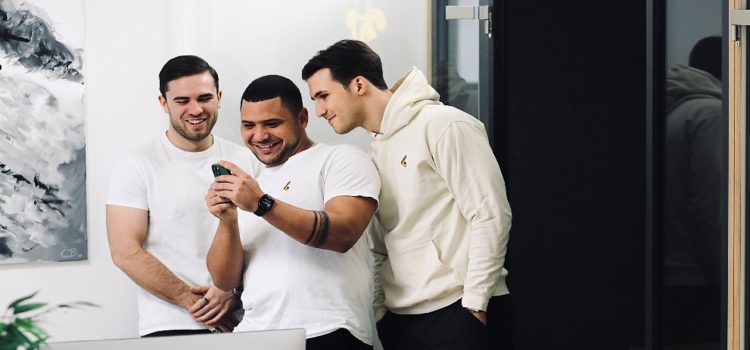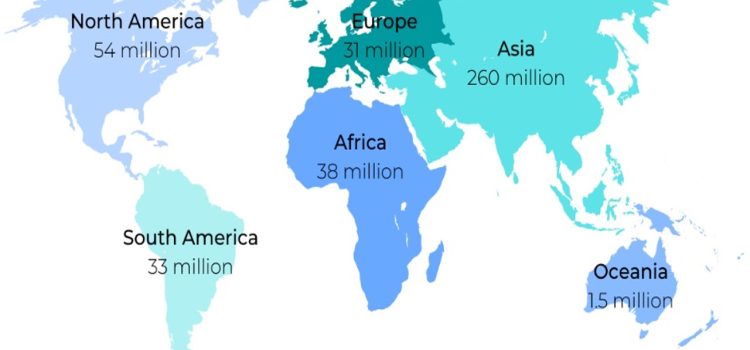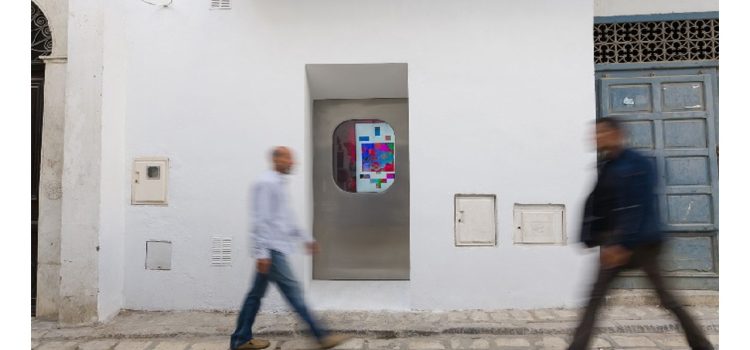Tunisia is set to witness the first Hedera Hackathon taking place from January 26th to 28th, 2024. The event is a collaborative effort between Dar Blockchain, The Hashgraph Association, ESPRIT University, and SUP’COM University. The aim of the Hackathon, backed by the Hedera Network, is to boost the adoption and understanding of Distributed Ledger Technology (DLT) in the country.
Dar Blockchain, a pioneer in the blockchain technology space, dedicated to redefining the digital landscape toward decentralization, and The Hashgraph Association, a non-profit organization that supports training and education programs across multiple industry verticals through broad adoption of Hedera-powered, enterprise-grade solutions, have partnered with two leading universities in Tunisia to establish a platform that explores the latest in Web3 technologies.
ESPRIT University, a distinguished institution specializing in engineering and technology, and SUP’COM, the Higher School of Communication of Tunis or Engineering School of Communication of Tunis, will utilize the Hedera Hackathon to emphasize the innovative possibilities offered by the Hedera Network.
Participants will have the opportunity to learn, collaborate, and contribute to the transformation of industries through engaging activities and access to a specialized Web 3.0 Decentralized Academy.
Mohamed Mnif and Jaafar Saied, the Co-founders of Dar Blockchain, said: “ We are proud to be launching the first Hedera Hackathon at two reputable universities as part of our aim to set up chapters in local universities and offer training as we lay the foundation for a real understanding of DLT and blockchain. Tunisian youth and university students will be equipped with the skills and knowledge needed to foster Web3 adoption, not only in MENA but globally.”
The Hedera Hackathon will offer tracks that include DeFi (Decentralized Finance), revolutionizing finance with accessible and secure financial services for the Tunisian and African community, DAOs (Decentralized Autonomous Organizations), reimagining organizational structures for innovative university organization management and collaboration across the country, as well as tracks on the metaverse and NFTs (Non-Fungible Tokens).
Teams of three to five members are eligible to participate and must send in their applications no later than January 20th , 2024. At least one member of the team needs to be certified on the Hedera ecosystem.
Participants will be required to build solutions that leverage Hedera’s DLT, addressing real and current needs within the African community and showcasing practical applicability and positive impact.
At the end of the Hackathon, teams will need to submit a live and functioning project which includes a URL, a PowerPoint presentation outlining the business case and functionalities, and a three to five minute demo video demonstrating the project’s key features.
Selection criteria for the best projects will be based on relevance to the Hedera Hackathon’s themes, effective usage of the Hedera DLT Network, technical functionality, clear business case, scalability, team composition and collaboration, and effective presentation capabilities.
Kamal Youssefi, President of The Hashgraph Association, added, “Our support of the proliferation of innovative DLT solutions in the African continent is one of our key objectives. We believe that it is through the utilization of the Hedera Network and distributed ledger technology that we can empower future generations to build enhanced economies, technologies, and societies. Working with DAR Blockchain and future-driven universities such as ESPRIT, and SUP-COM is a privilege and an honor.”
In 2023 Dar Blockchain and The Hashgraph Association signed a partnership agreement to develop blockchain in Tunisia and the African continent.









